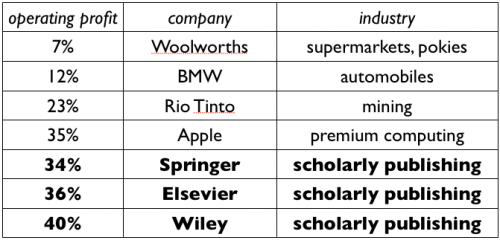I’m a fan of the Science Museum of Minnesota, and I’m out here touring the place today, but their latest theme, Space, did not satisfy. Maybe it’s just me, but I think the space program has lost its way — if it ever had a good direction in the first place — and the exhibits just confirmed it for me.
Gadgetheads will enjoy the exhibits. It’s gosh-wow engineering all the way through. The Omni Theater movie is called Journey to Space, narrated by Patrick Stewart, and you’ll get your fill of thundering rumbly lift-offs and a dome-shaped screen filled with flame and smoke. The space shuttle is glorified, we are given many grandiose promises about the next generation, the Orion spacecraft, and we get to watch a few of the hundreds of astronauts who’ve been to the International Space Station gamboling about.





